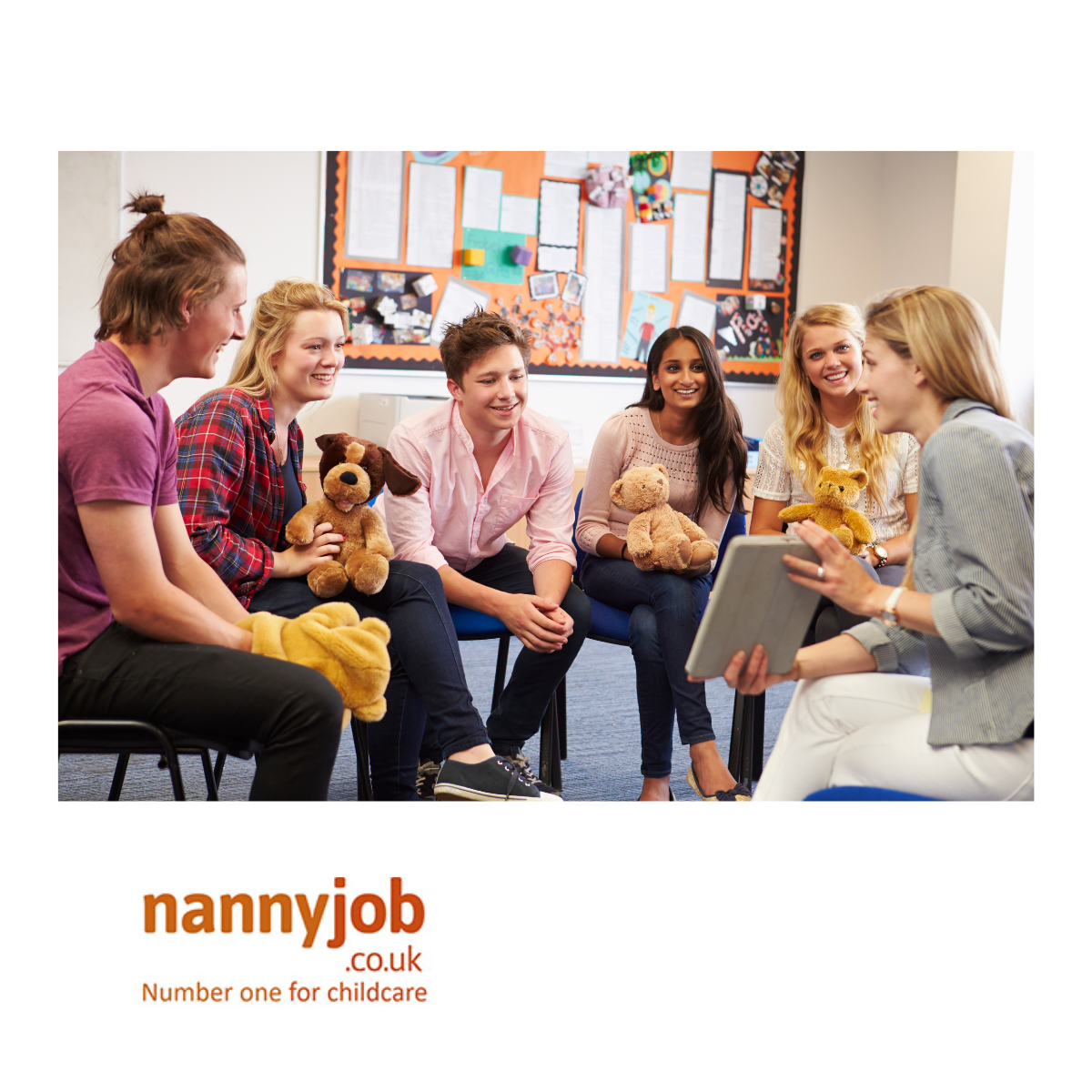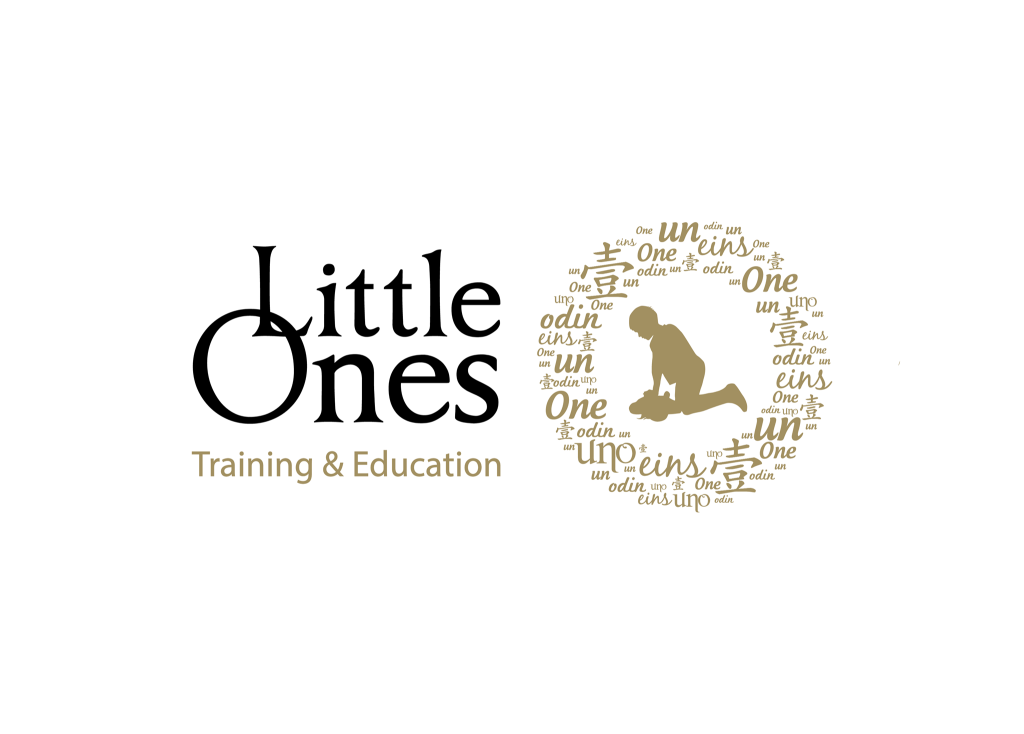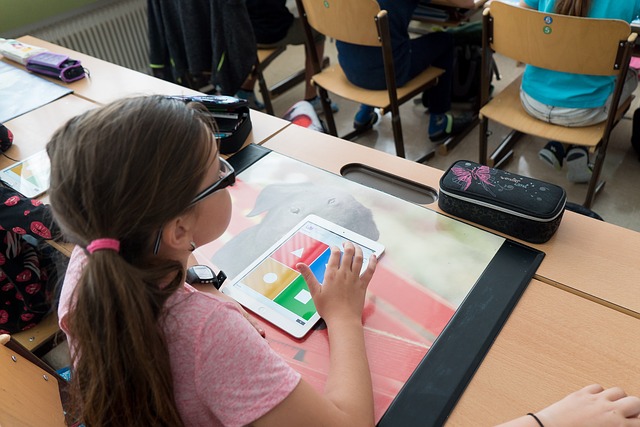Nannies and childcarers play a critical role in the lives of the children they care for, so it’s important for parents to ensure they have the necessary qualifications to provide a safe and nurturing environment. In the UK, there are several qualifications and training courses that are highly regarded in the childcare industry. This article will explore these qualifications and help you make an informed decision when hiring a nanny or childcarer for your family.
- CACHE (Council for Awards in Care, Health, and Education) Diplomas CACHE is a leading provider of childcare qualifications in the UK. They offer various diplomas for nannies and childcarers, including Level 2 and Level 3 Diplomas in Childcare and Education. These courses cover essential topics such as child development, health and safety, and working in partnership with parents.
- BTEC (Business and Technology Education Council) Diplomas BTEC offers a range of qualifications in Childcare, such as the Level 2 and Level 3 Diplomas in Children’s Care, Learning, and Development. These courses provide a comprehensive understanding of children’s physical, intellectual, emotional, and social development, as well as practical skills in planning and implementing activities.
- NNEB (National Nursery Examination Board) Diploma Although no longer awarded, the NNEB Diploma was a highly respected qualification in childcare. Those who hold this diploma have undergone extensive training in child development, health, and safety, as well as practical experience in childcare settings.
- Montessori Training Some nannies and childcarers may have completed Montessori training, which focuses on a child-centered approach to learning and development. This training emphasizes the importance of fostering independence, self-confidence, and a love for learning in children.
- Paediatric First Aid A crucial qualification for any nanny or childcarer is a Paediatric First Aid certification, which covers essential life-saving skills, such as CPR, choking, and treating injuries. This certification should be updated every three years to ensure the childcarer’s knowledge and skills remain current.
- Safeguarding Training Childcarers should have up-to-date safeguarding training to ensure they understand how to protect children from harm and are aware of their responsibilities in reporting any concerns. This training covers topics such as child abuse, neglect, and the appropriate actions to take in different situations.
When hiring a nanny or childcarer, it’s important to consider the qualifications they hold and the training they have completed. By choosing a professional with the right qualifications, you can be confident that your children are in safe and capable hands. Always request to see original certificates and verify their authenticity with the awarding body when considering a candidate for a childcare position.







